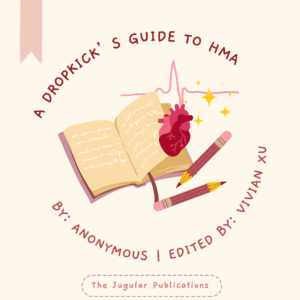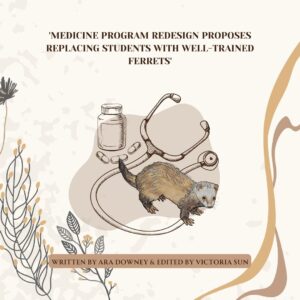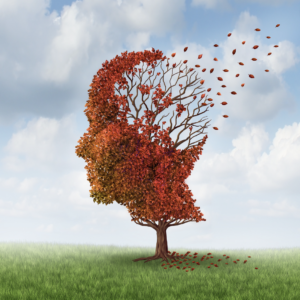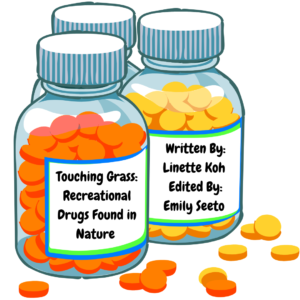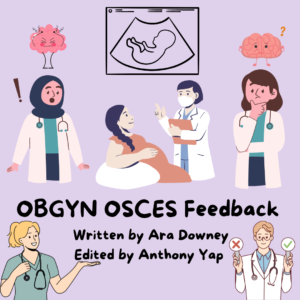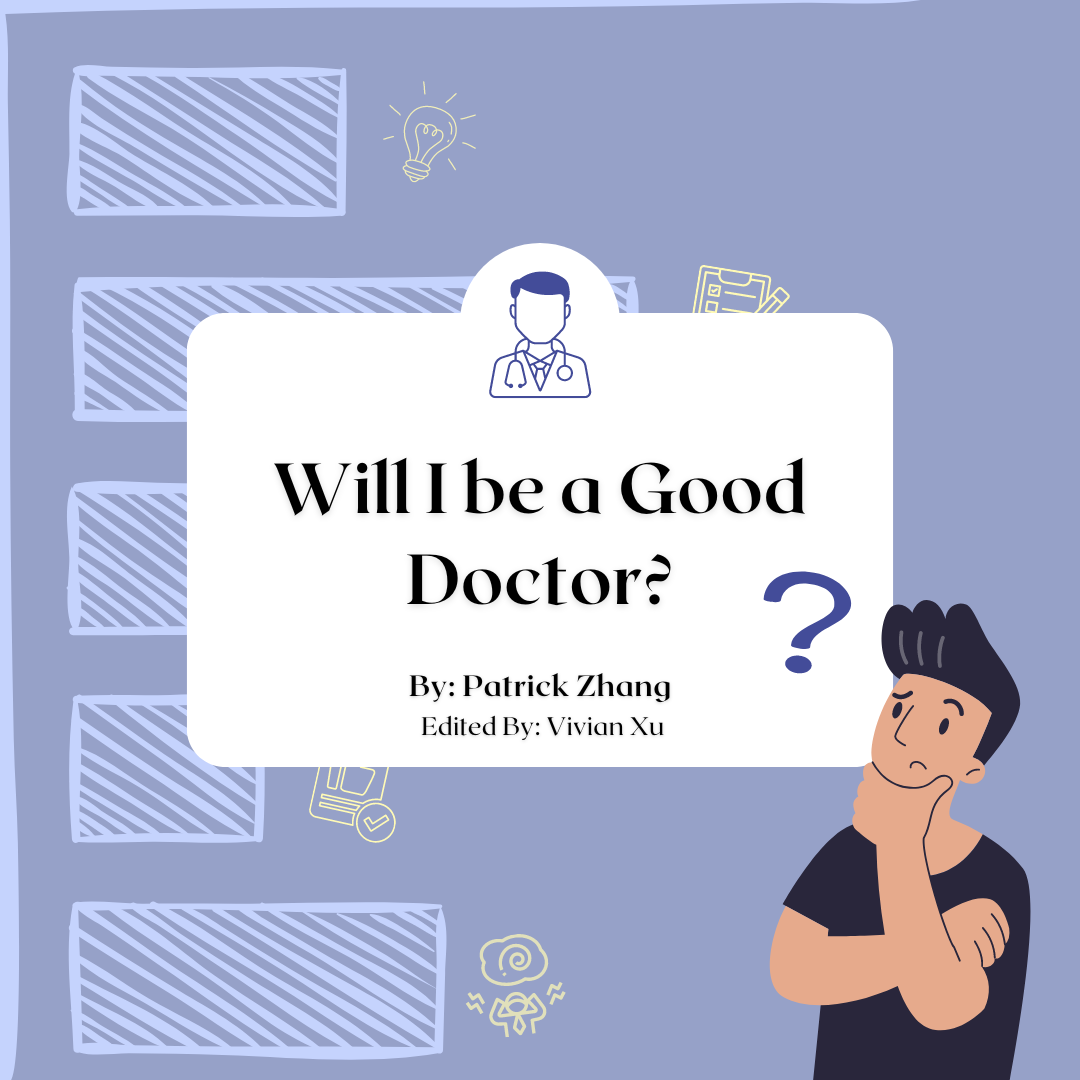
Written By: Patrick Zhang, Edited By: Vivian Xu
Amidst the confusing deluge of all things anatomy, histology and biochemistry, there was one thing that I found enjoyable in my first five weeks of medicine (apart from hearing Reza say esquamous over and over). The event in question occurred during none other than Professor Melissa Green’s lecture “Psychiatry: Introduction to Human Behaviour”. To save you from rewatching an hour’s worth of Foundies content, the lecture was essentially on genetics and different personality theories. The part my friends and I decided to focus on was something called the “‘Big 5’ Personality Traits”. Developed by D. W. Fiske in 1949 and expanded on later by a lot of other random people, this theory divides an individual’s personality into five different aspects: Openness, Conscientiousness, Extraversion, Agreeableness and Neuroticism (I just realised that spells ocean). Each of these traits reflects continuous distributions, in other words, it’s a spectrum. Most of them are pretty self-explanatory, for example, achieving 80% in the openness measurement would mean you’re pretty open to new experiences and ideas. Perhaps the only mystifying trait is neuroticism, but that means you’re prone to feelings of anxiety impulsiveness and vulnerability.
If you’ve taken other personality questionnaires before like MBTI (Myers-Briggs) or the Enneagram Personality Test, one difference you may have noticed is that the ‘Big 5’ doesn’t diagnose you with a ‘type’. What surprised me the most about Fiske’s theory itself was its inclusion of ‘neuroticism’ as a characteristic. All of the other traits are positively connoted, or neutral at the very least, with similar personality tests choosing to use the terms “emotional stability” or “steadiness” instead.
Now, being the diligent students we are, my friends and I decided to take matters into our own hands and took the ‘Big 5’ test to truly personalise our understandings (Melissa would be proud). Feel free to have a go at it yourself, after you finish reading my article of course.
https://www.truity.com/test/big-five-personality-test
The figure above shows my results (I didn’t legally obtain consent to use my friends’ ‘confidential’ results). My scores were pretty much in line with my expectations – just a bit more extreme than anticipated. All my friends unsurprisingly received varying results, with the only real similarity being that we all scored decently in the neurotic trait (go us?).
Okie dokie, that’s cool and all, but what are the ideal qualities of a doctor? A French study compared unselected first-year medical students with ‘successful’ third-years (to qualify for full-time medical training in France, one must finish in the top 15% of the cohort). The study found that the latter group scored relatively lower on Agreeableness and Openness (Plaisant et al, 2011). However, this is expected, due to the need for fierce competition and a narrow academic focus to ‘succeed’. When compared with another study on Flemish medical students in Belgium, the results differed significantly. In the selection process, Flemish students undertook video-based situational tests in addition to traditional cognitive ability measures, taking into account interpersonal and communicative skills (Plaisant et al, 2011). Therefore, it makes sense that the selected medical students achieved higher Agreeableness and Extraversion when compared with the general population.
So what’s the takeaway from this? Entry and selection tests vary depending on the institution and its assessment criterion. However, most schools would agree that a “good personality mix” is desirable. At the end of the day, the most important quality a medical practitioner should have is the ability to provide the right diagnosis, making the patient feel comfortable whilst doing so. There are many avenues to achieve this, with no set mould of what makes a good doctor. What’s more, one’s personality can change significantly over time and the ‘Big 5’ test is definitive by no means.
Plaisant, O., Courtois, R., Toussaint, P.-J., Mendelsohn, G., Oliver, J., & Moxham, B. (n.d.). Medical students’ Big Five Personality scores and the effects on the “selection process.” Retrieved March 17, 2024, from https://hal.science/hal-02864299/document







